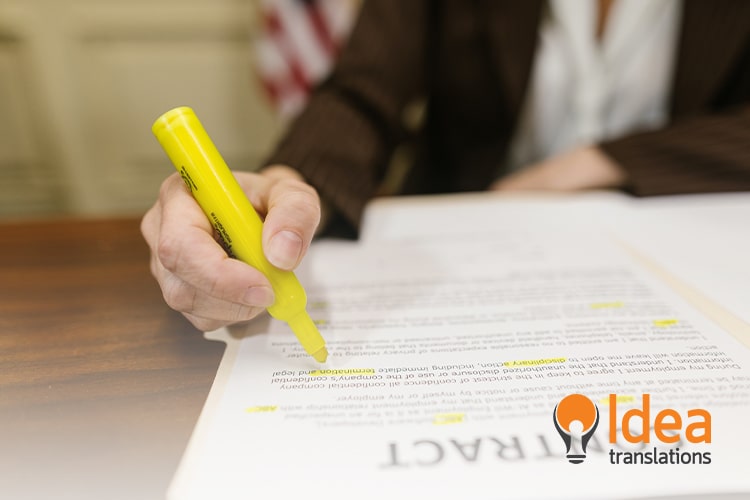
Mastering the Art of Legal Translation: Insider’s Guide to Selecting the Best Partner
The justice system is the backbone of our modern society, especially in democracies. As we become more and more of a global society, bridging the gap between languages in crucial matters such as legal proceedings, contracts, agreements and human rights is paramount. It is a meticulous process that demands accurate interpretation, precision and expertise. Small errors can lead to significant consequences or even entire cases to be dismissed.
In this blog, we focus on some little-known secrets about legal translation.
1. Legal Translation Is a Lot More Than Just Language Translation
It is a comprehensive process that requires the translator to have a deep understanding of the source AND the target language legal systems. This entails extensive knowledge of jargon, regulations and principles. Additionally, legal systems are very different from country to country. Often, you need an expert to understand a document from a different country even if they speak the same language. Without this expertise, translations in legal settings are simply not possible.
2. Legal Translation is Often Regulated
Across many countries, official certifications are required in legal translation. These certifications validate the competence of legal translators through rigorous examinations. Furthermore, international law dictates how legal documents need to be formatted and translated, as each aspect has a profound impact on the entire document. A small and no-ill intended interpretation mistake can create costly and lengthy ordeals in the case of conflict and litigation.
3. The Importance of Cultural Differences in Legal Translation
A skilled translator knows that researching and assimilating information about the legal and cultural differences between the source and target texts is crucial. Failing to acknowledge these cultural nuances may result in an erroneous interpretation of the original content, thereby potentially impeding the smooth progression of legal proceedings.
4. Professional Human Translator and Machine or AI Generated Translation
In today’s fast-paced and interconnected world, many individuals seek to save time and money by using machine-generated translation services. However, machines by themselves can’t match the depth of human understanding and expertise. When it comes to legal translations, we need professionals who possess a comprehensive understanding of both legal and linguistic terms and concepts. They must navigate complex terminology and comprehend the intricacies of legal jargon across various domains.
5. Confidentiality is a Vital Component of Legal Translation
Legal documents contain private data in contracts, confidential agreements, and other classified information. Thus, a legal translator must uphold utmost confidentiality to safeguard the privacy of the documents during the translation process.
Legal translation is an artful and indispensable process that demands expertise and precision. Even the smallest errors can have significant consequences. That is why it is crucial to rely on professional translators who have a profound understanding of both languages and the intricacies of the legal field’s concepts, principles, and terminology.
At Idea Translations, our dedicated team of Legal Translators is committed to your project’s success. They meticulously translate your documents, ensuring every detail is captured with precision.



